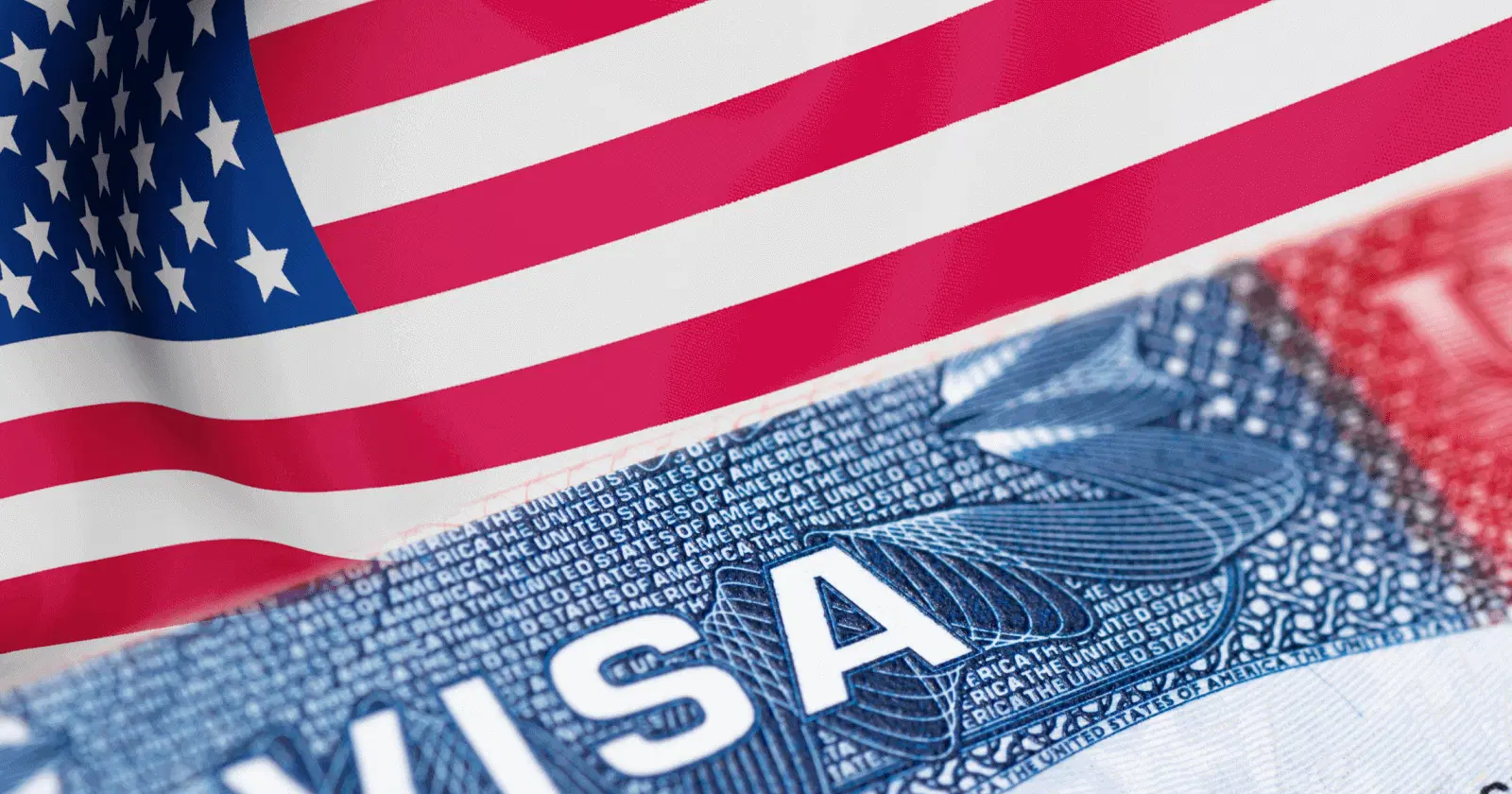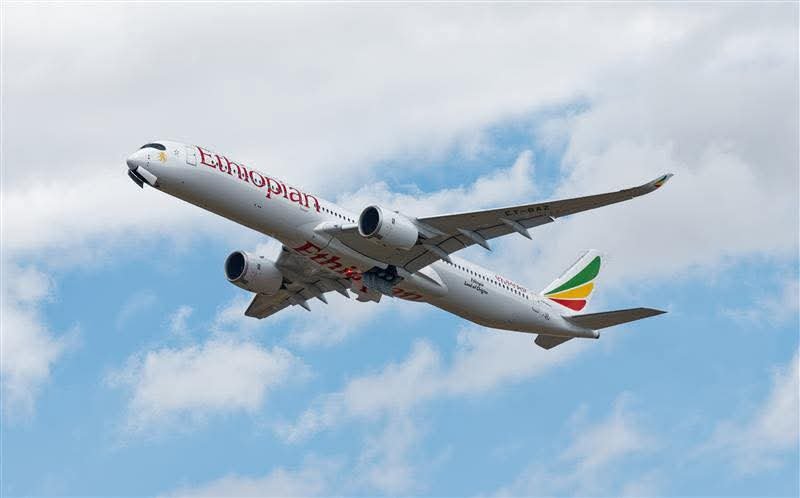
In a fresh advisory that has sparked widespread reactions, the United States government has warned Nigerian citizens and other foreign nationals that any intent to travel to the U.S. primarily to give birth could result in visa denial. The advisory underscores the U.S. government’s tightening stance on “birth tourism,” a practice where foreign nationals travel to the country to have children and thereby secure American citizenship for their newborns.
The warning, issued through various U.S. embassies and consulates across the world, specifically reminds prospective visa applicants that misrepresenting their purpose of travel can lead to serious consequences, including visa refusals, entry denials, or even permanent bans.
Travel Intent Under Scrutiny
According to the advisory, consular officers are empowered to deny B-1/B-2 visitor visas if they have reason to believe that the applicant’s main purpose is to travel to the U.S. to give birth. Under U.S. immigration laws, any attempt to mislead or withhold travel intent during the visa application process is treated as fraud or misrepresentation.
The advisory reads in part:
“A visitor visa (B visa) may be refused if the consular officer determines that the primary purpose of travel is to obtain U.S. citizenship for a child by giving birth in the United States. This practice, commonly referred to as ‘birth tourism,’ is not a valid reason for travel under current U.S. law.”
The U.S. government notes that while it is not illegal to give birth in the United States, doing so solely for the benefit of acquiring citizenship for the child, especially without full disclosure during visa application, is a ground for visa ineligibility.
Rise of Birth Tourism from Nigeria
Over the years, the U.S. has become a destination for expectant mothers from various countries, including Nigeria, seeking to give birth so their children can obtain U.S. citizenship by birthright. The 14th Amendment to the U.S. Constitution grants automatic citizenship to any person born on U.S. soil, regardless of the immigration status of the parents.
In Nigeria, birth tourism to countries like the U.S., Canada, and the United Kingdom has grown among middle and upper-class families who desire access to better healthcare systems, global mobility, and educational opportunities for their children. However, U.S. authorities are increasingly clamping down on what they view as the exploitation of this constitutional provision.
A 2020 report by the U.S. Centers for Immigration Studies estimated that around 36,000 foreign women gave birth in the U.S. in a single year while on tourist visas. A significant portion of these births came from countries such as Nigeria, China, and Russia.
U.S. Policy Changes on Birth Tourism
The latest warning is in line with the U.S. State Department’s regulatory changes enacted in January 2020, during the Trump administration, which formally prohibited visa issuance to individuals whose primary purpose of travel was to give birth. Although the Biden administration has not reversed this policy, enforcement practices have become more diplomatic but no less stringent.
The U.S. Department of State continues to stress that visa applicants must establish their eligibility under the Immigration and Nationality Act (INA). For B-1/B-2 visas, this includes demonstrating that the visit is temporary, the traveler has the means to fund the trip, and there is a clear plan to return home afterward.
Expectant mothers applying for visas are advised to show proof of adequate finances to cover both medical expenses and living costs during their stay. Additionally, they must not rely on public funds, hospitals, or insurance coverage meant for U.S. citizens or residents.
Implications for Nigerian Travelers
The advisory serves as a cautionary note to many Nigerians who may be planning to travel under the guise of tourism or business, only to give birth in the U.S. Consular officers now reportedly conduct more in-depth interviews and checks on pregnant applicants, especially those in their third trimester.
Applicants found to be misleading the embassy may face long-term consequences including visa bans. In some cases, even those already issued visas could be denied entry at U.S. ports if border officers suspect hidden intentions.
In light of these developments, immigration experts have urged Nigerians to seek professional guidance before applying for U.S. visas if pregnancy is a factor. Legal travel for medical care is still permitted under U.S. law, but full transparency and proper documentation are crucial.
Official Guidance for Expectant Travelers
To navigate these rules, the U.S. Embassy recommends that pregnant applicants planning to travel for medical reasons should:
Provide evidence of their intent to return to Nigeria after delivery;
Demonstrate financial capability to cover all costs related to their stay and childbirth;
Offer documentation from a U.S. hospital confirming arrangements and pre-payment of medical services;
Disclose complete and accurate information during the visa interview process.
The embassy reiterated its commitment to facilitating legitimate travel between Nigeria and the United States but warned that abuse of the immigration system will not be tolerated.
Conclusion
This recent development signals a tougher stance by the U.S. on visa applicants attempting to leverage childbirth as a pathway to American citizenship without full disclosure. Nigerians intending to travel for maternity-related purposes are advised to tread carefully, ensure transparency, and prepare adequate documentation to avoid visa denials and legal complications.







